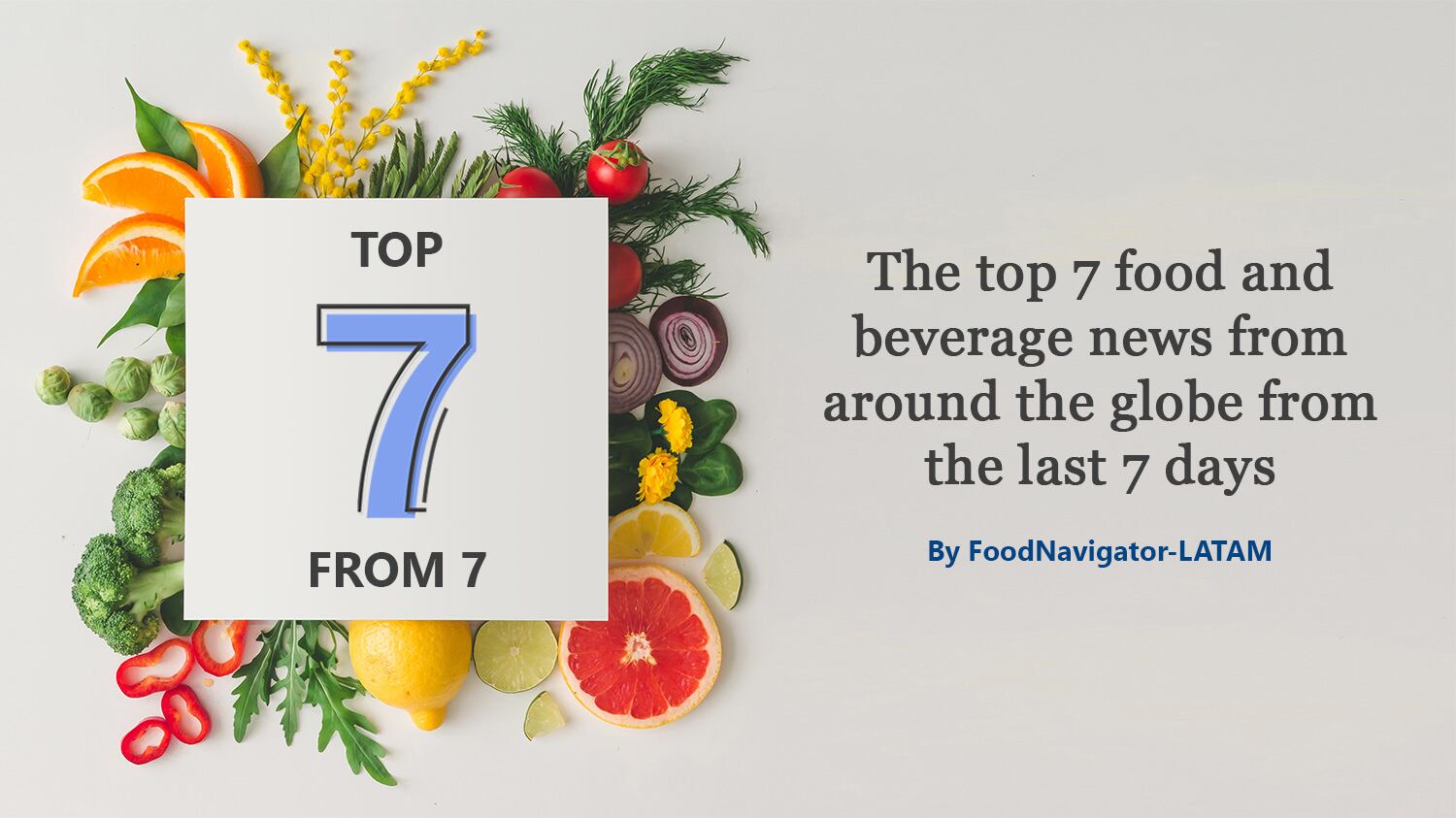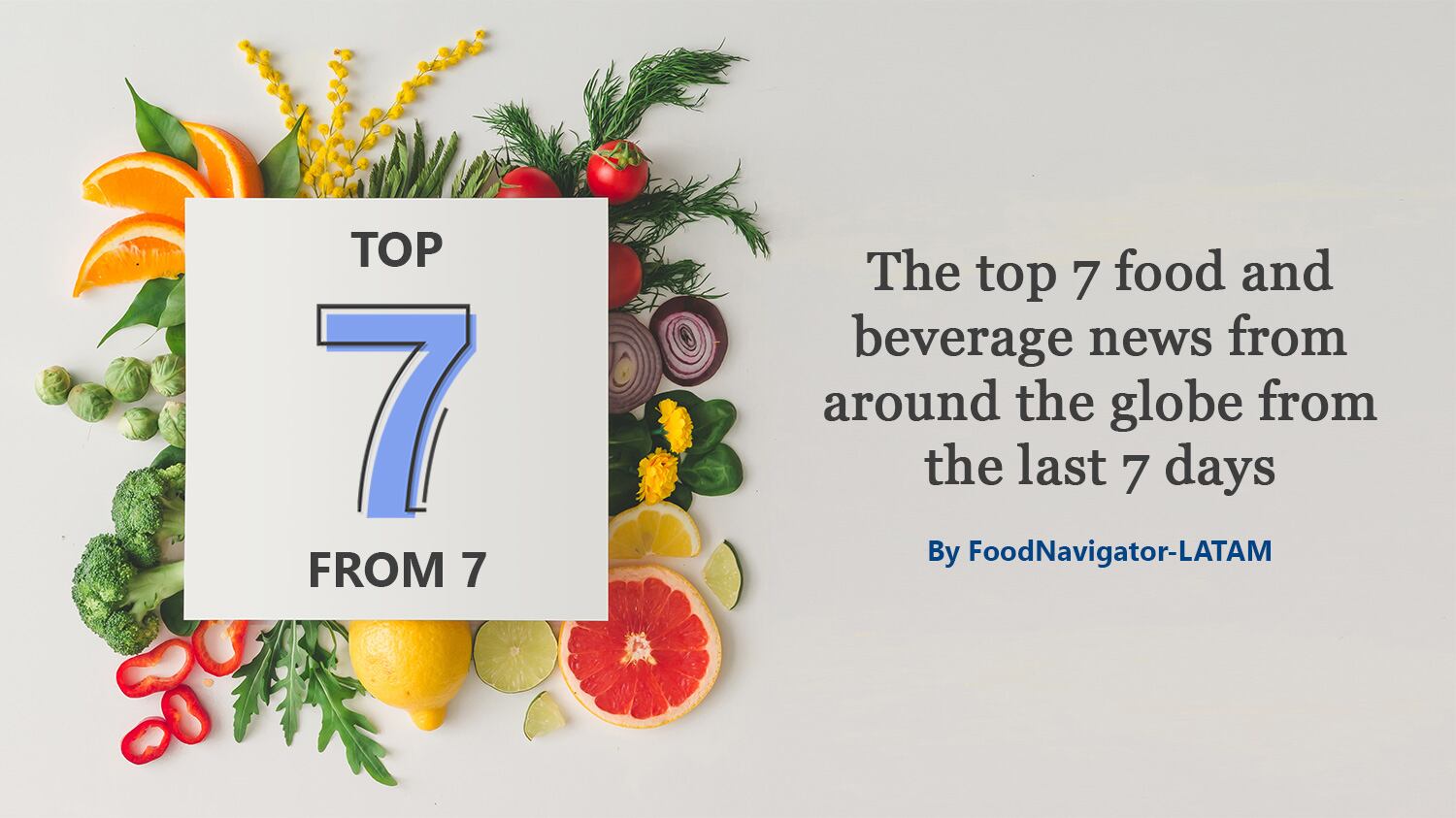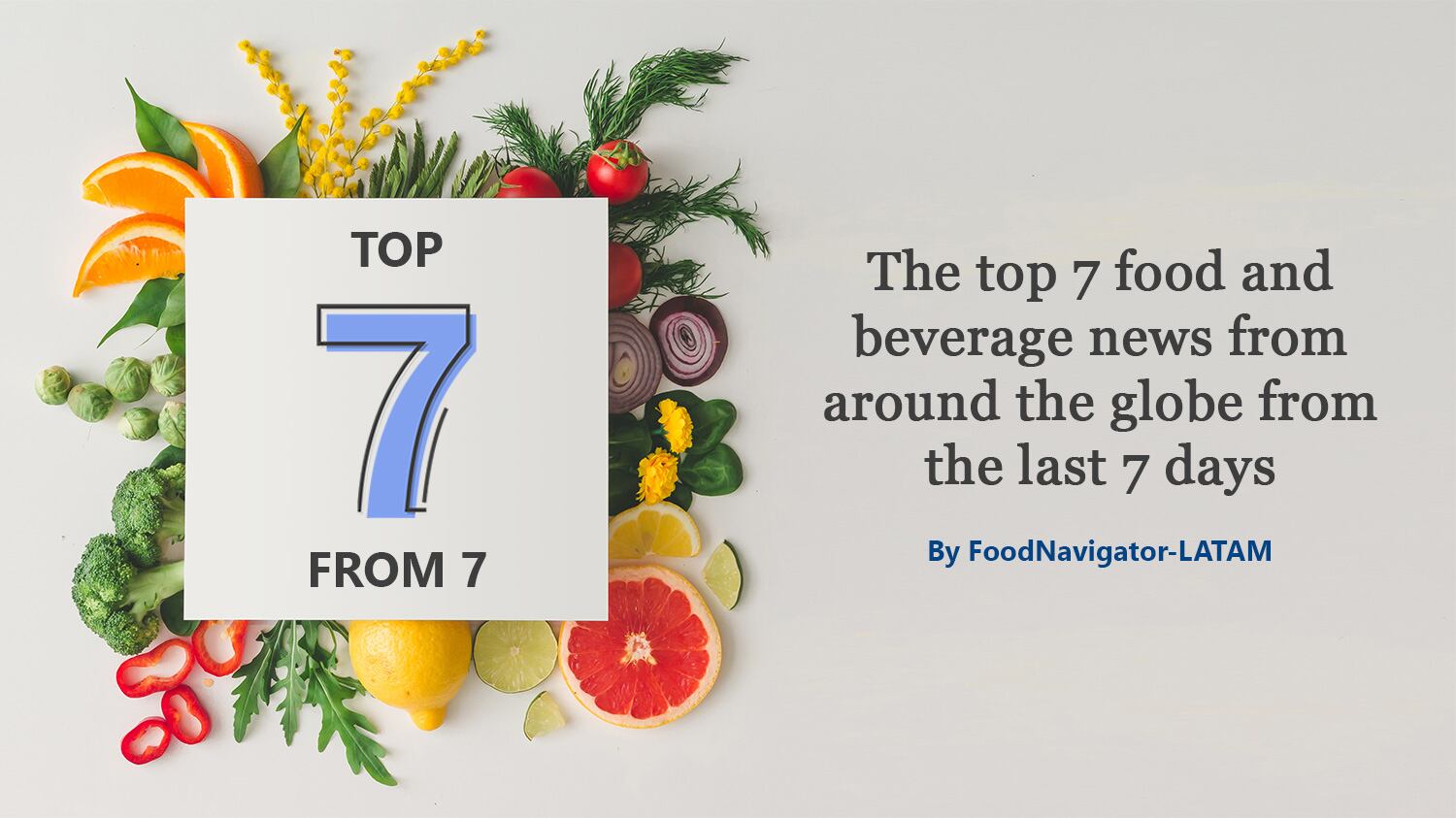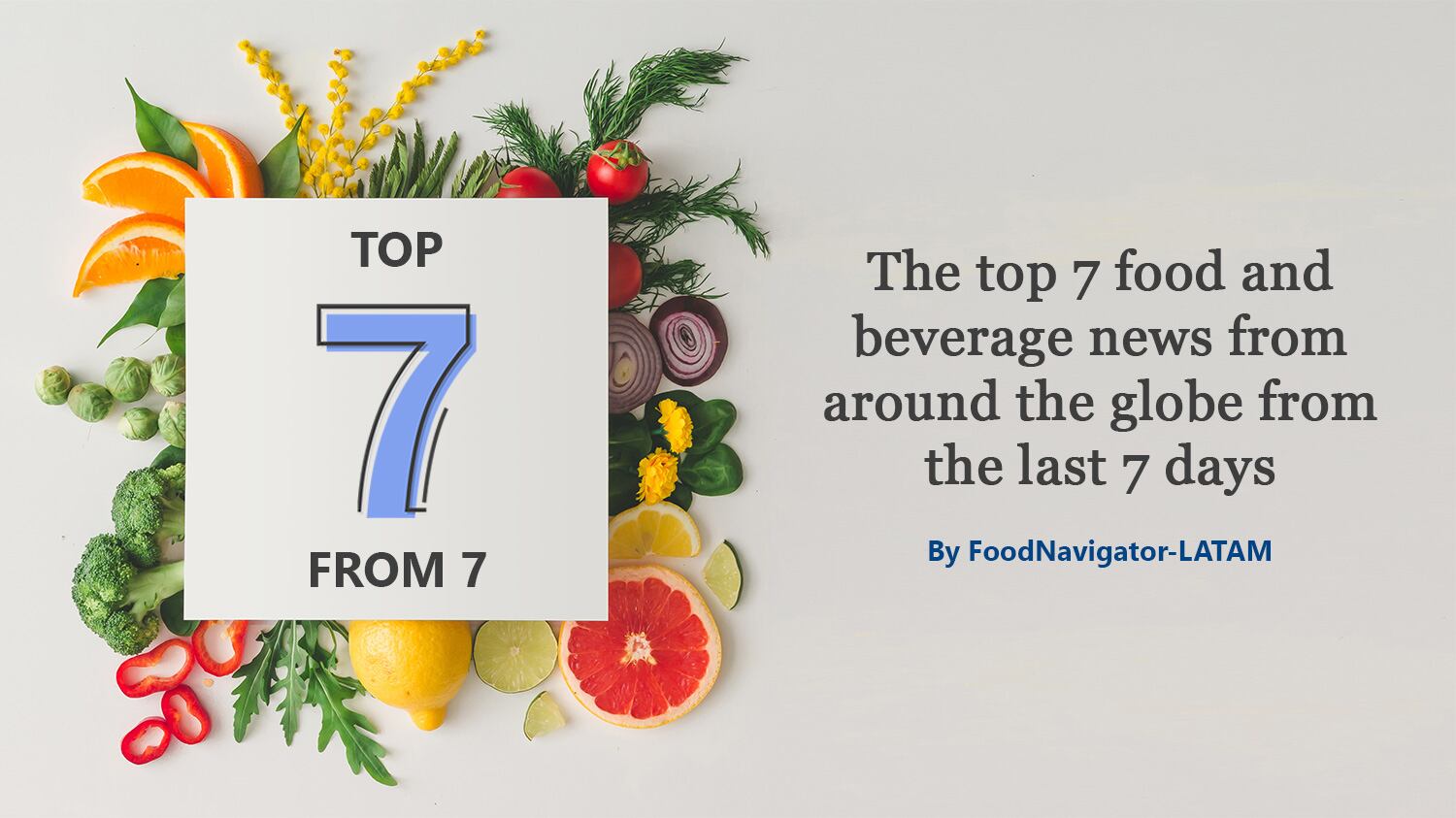USA
First up is new that Nestlé Waters North America is eying further growth for its sparkling water portfolio after reportedly doubling its household penetration nearly nine months after launching its new sparkling water portfolio across its six regional spring water brands.
The company’s sparkling water portfolio revamp included a complete overhaul of its packaging, flavor formulation, and nationwide media campaign. The goal was to convert its still water consumer into a regular sparkling water buyer.
“The promise when we had looked to launch this, which was really building incrementally to the sparkling water category, has really come to fruition in the first six months,” said Sam Martin, brand business director, Nestlé Waters North America.
Encouraged by the growth its seen in less than a year, Nestlé Waters North America will be continuing launching five new flavors and expanding its advertising and marketing investment.
“We don’t plan to take the foot off the gas in any way, shape, or form, with tremendous amounts of media and in store commitments. This is a commitment for the long term. We really do believe sparkling water will be as big as still water someday,” said Martin.
The $2.2bn sparkling water has been on a hot streak for the past several years, generating $49m in sales over the course of one week this summer (Nielsen sales data for the week ended Aug. 18, 2018), a 22% sales increase from the same period last year.
Next up we have Tyson Foods teaming up with No Kid Hungry to make “afterschool meals not an afterthought.”
One in six children in America faces hunger at home.
“For every 100 free and reduced lunches served [at schools] only 4.8 afterschool meals are served,” explained Matt Pakula, senior manager of corporate social responsibility at Tyson Foods. “So, there is a huge gap in terms of the kids that are eligible and in need, and then the delivery of these afterschool meals for those kids.
“But, a lot of schools can help meet that gap,” he added, with assistance from the Child and Adult Care Food Program (CACFP).
Since that launch, the number of children eating afterschool meals has quadrupled, according to No Kid Hungry, but mores still needs to be done.
Pakula added: “As schools start to understand the amount of funding that is available to them for these programs from CACFP, I think they will start to see that if they do take the initial steps to get over these barriers to deliver afterschool meals, they can really help the kids a lot.”
Europe
Everyone is looking to find out what the next trend will be, and saffron is the on-trend flavor for packaged food, according to Mintel.
“The time has come to add saffron to consumer packaged goods, such as condiments, sauces, soups, stews, teas, side dishes, entrees [main meals] and even desserts,” wrote Kathleen Kennedy, global food and drink analyst at Mintel in an online blog.
The handpicked stigma of the blue crocus flower, saffron is the most expensive spice in the world. However, this does not necessarily mean prohibitive costs for food manufacturers, according to Kennedy.
“Saffron’s real potential lies in its ability to make a dish seem premium, luxurious and exotic. Luckily, it takes only a small amount of this extravagant spice to impart its complex flavor, subtle aroma, and eye-catching color.”
Our next key news is a disruptive new technology from German high-tech start-up FreshDetect, which has developed a “new dimension in food safety” with its hand-held device that accurately measures bacterial contamination in food quickly and inexpensively.
The device currently determines bacterial contamination in raw meat. Using non-invasive, fluorescence spectroscopy, the total viable count (TVC – amount of bacteria) is ascertained within seconds with a level of accuracy that the company claims is similar to standard microbiological methods.
And it can be used across the entire production cycle, from the slaughter house to the meat counter.
Our last news to note from Europe concerns beverage giant PepsiCo and its pledge to use 50% recycled plastic in its bottles across the European Union by 2030.
By 2025, it hopes to have hit 45%. Currently, around 13% of the plastic it uses in its EU beverage operations is recycled plastic.
“Our 50% target for the EU is already very ambitious when you consider that there are several external factors over which we have limited control that are needed to be in place to allow us to fulfil our goal. These include significantly increased availability of recycled plastics, at affordable prices, which are suitable for food packaging,” Paul Skehan, senior director for EU public policy and government affairs at PepsiCo, told FoodNavigator.
“[It’s] worth noting, however, that if we see the right progress on these enablers, we are prepared to go further in our target,” he added.
Asia
Moving to Asia and news from Australia of a new 'healthy gourmet' instant noodle brand that is seeking to disrupt the Australian snack and convenience food sector.
Mr Lee’s Noodles recently secured a number of retail distribution deals.
“The amount of support we’ve had is unheard of, with the product going to over 800 stores following our launch,” said Greg Longhurst, director of Mr Lee’s Pure Foods AU.
“Since January 2018, in Australia, we are hitting sales volume target run rates of more than 100,000 cups per month within the first 12 months, with anticipated increase to 200,000 to 400,000 per month in the further 12 to 18 months,” Damien Lee, CEO and founder of Mr Lee's Pure Foods Co. Ltd told FoodNavigator-Asia.
Our final news is about the grave threat to Asia-Pacific's food and ecosystem unless drastic action is taken by consumers, industry and governments to reduce meat and dairy intake.
The warning came from David Yeung, who has helped to introduce the likes of Beyond Meat and JUST to Asian consumers, who was speaking at the recent Sustainable Foods Summit in Singapore.
“The combination of climate change, food insecurity and public health issues mean we are at a very critical juncture in the history of the planet. If we don’t do something we will push the limits and no one knows what they impact of that will be.
“If we continue to consume the way we do now, unless some miracles happen, our food system and eco system is bound to collapse,” said Yang.
“We are facing a huge protein issue in Asia.”





